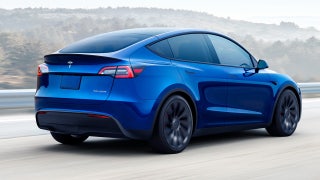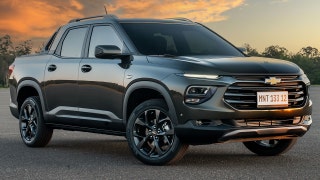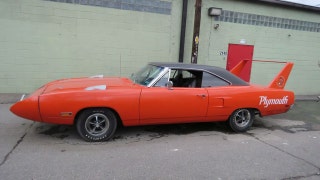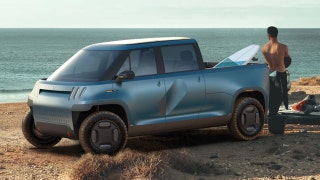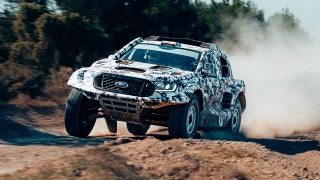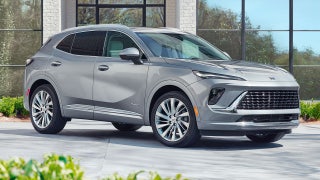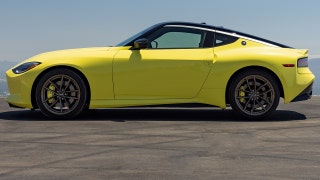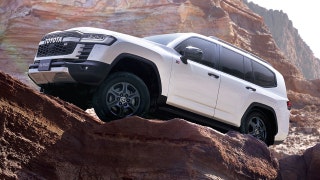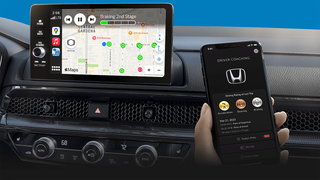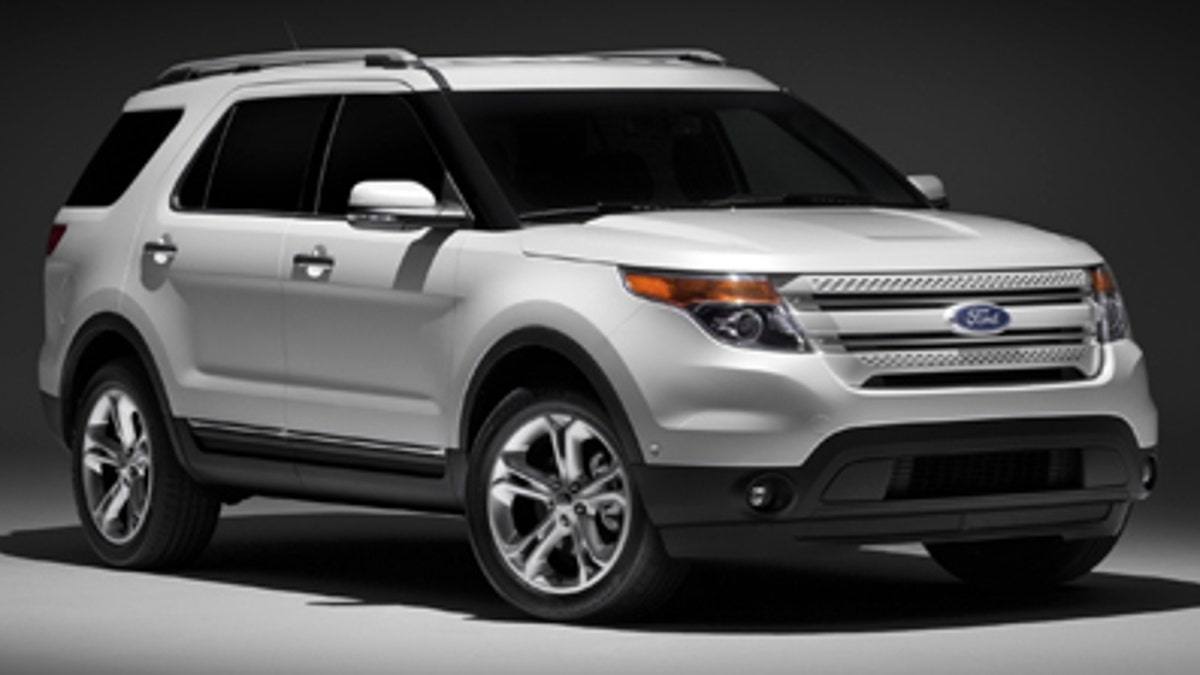
2011 Ford Explorer (Ford)
Newer sport utility vehicles aren't as deadly to passengers cars as they once were, a new analysis of federal data concludes, suggesting U.S. auto makers have largely resolved one of the most vexing highway safety issues of the past 20 years.
The fatality rates for occupants of cars or minivans weighing 3,000 to 3,499 pounds that were hit by SUVs of similar weight dropped by nearly 64% to 16 deaths per million registered vehicles during the two-year period 2008-2009, down from 44 deaths per million vehicles in the 2000-2001 period, according to a study by the Insurance Institute for Highway Safety, a research arm of the insurance industry.
The study is based on federal crash data for one- to four-year-old vehicles.
A study of federal crash data on one- to four-year-old vehicles suggests that auto makers have largely resolved one of the most vexing highway safety issues of the past 20 years. Shown, a 2012 Ford Explorer.
In the more recent period, the death rates for occupants of cars are virtually the same whether the vehicle is hit by another car, or an SUV of similar weight, said Joseph M. Nolan, a co-author of the study. "It used to be, pound for pound, pickups and SUVs were more deadly than cars," said Mr. Nolan, the IIHS's chief administrative officer.
Car occupants are still more likely to die in a collision with a pickup than a car, the study found. But the risk narrowed significantly in '08-'09 compared with 2000-2001, the study found. "There's more work to do" with pickups, Mr. Nolan said.
The industry undertook improvements in SUV and pickup safety design in response to pressure from regulators, safety advocates and consumers that followed rocketing sales.
Click here to continue reading this story at The Wall Street Journal
